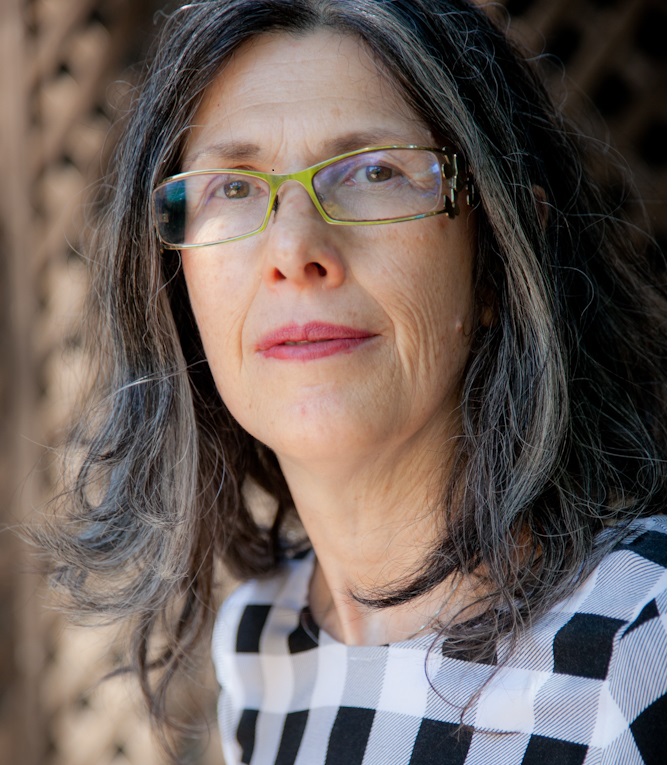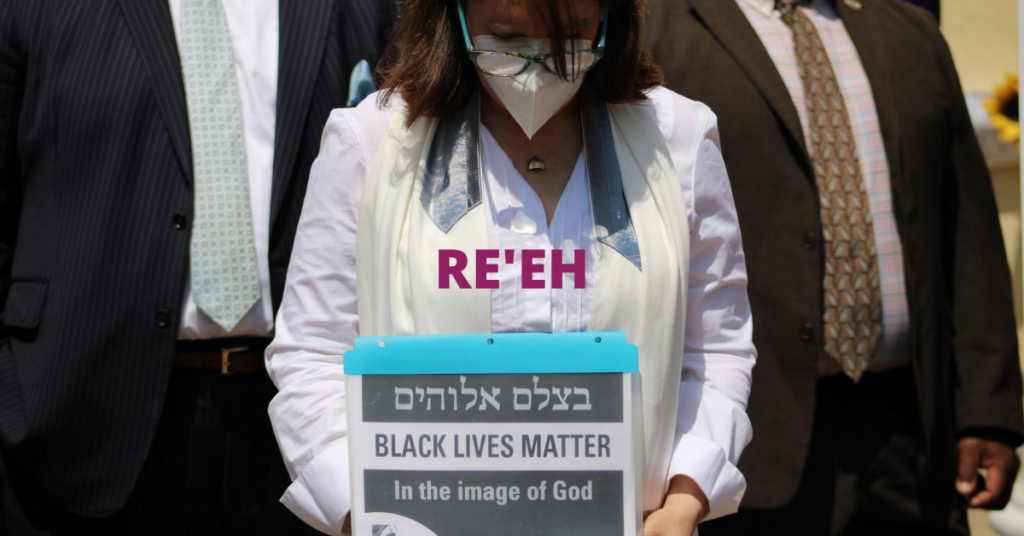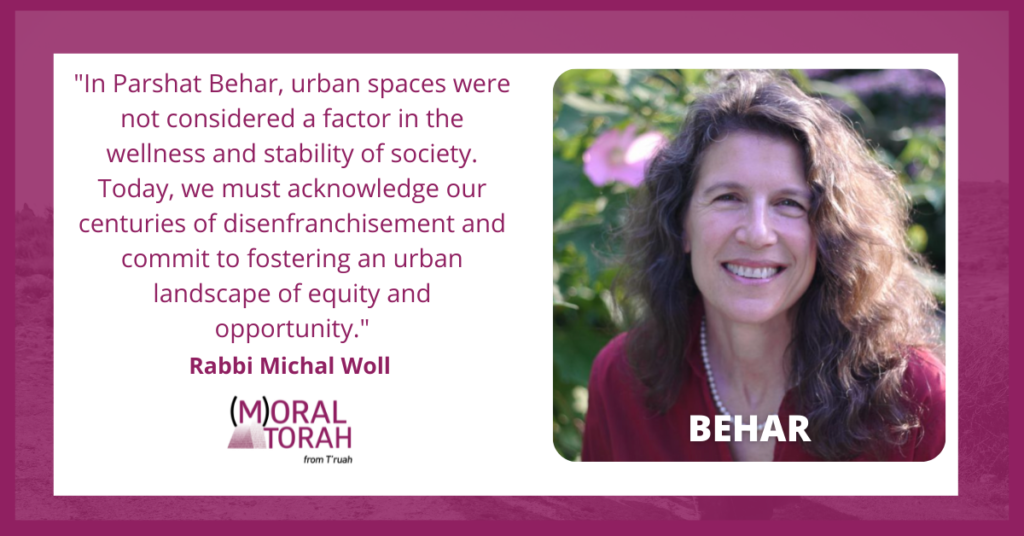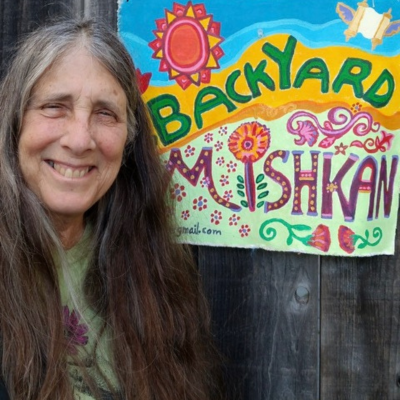
Ritual and Regulation: A Priestly Corrective to Prophecy
Commentary on Parshat Kedoshim (Leviticus 19:1 – 20:27) In the Bible, there are two traditions, the prophetic and the priestly, both of which aim at building a good society, but do so taking very different approaches. In the Haftarah read on Yom Kippur the prophet Isaiah famously demands: “Is such the fast I desire, a...
read more






